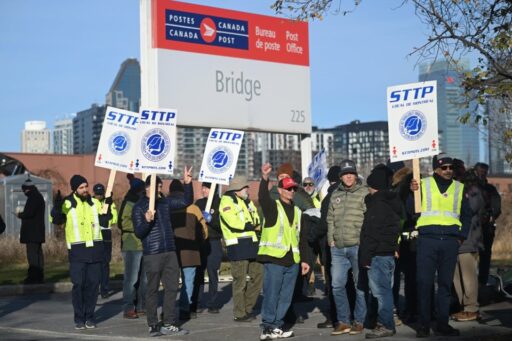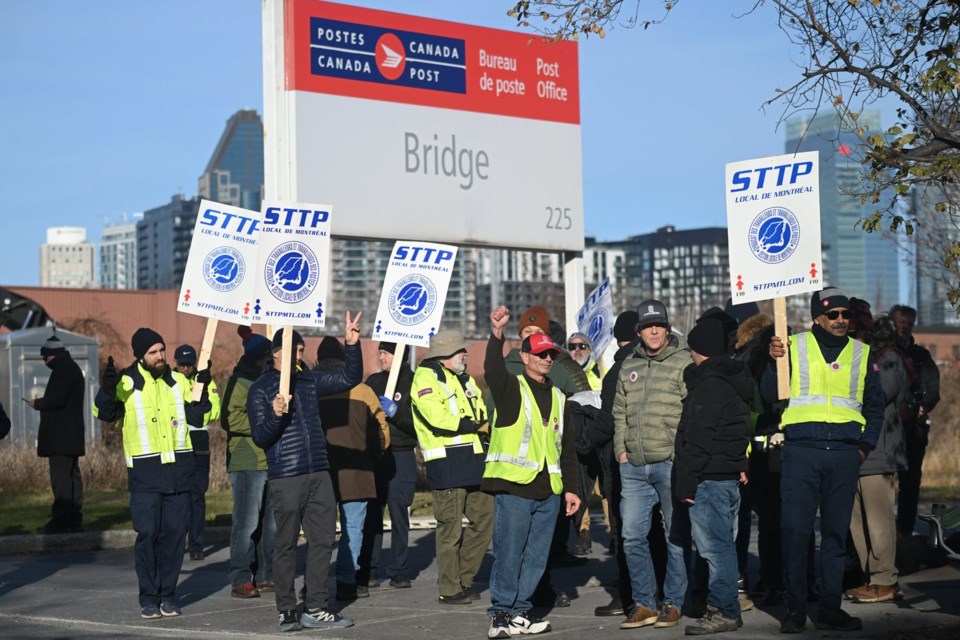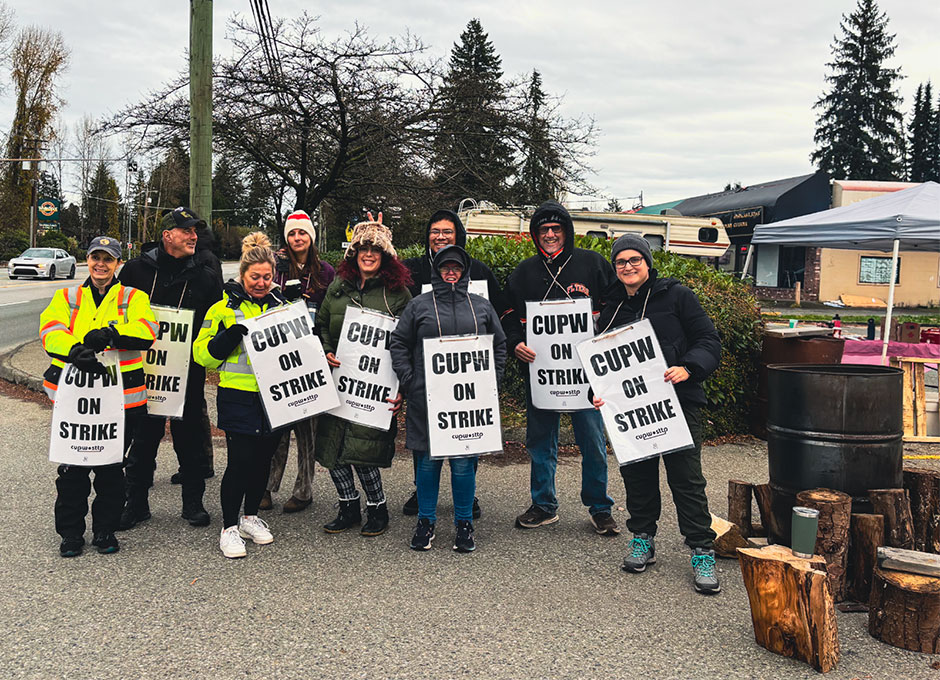The ongoing strike of Canada Post employees continues to dominate headlines, affecting thousands of Canadians who rely on timely mail delivery. With negotiations between the Canadian Union of Postal Workers (CUPW) and Canada Post stalling, both sides are entrenched over key issues such as wages, job security, and working conditions. This article provides an up-to-date overview of the situation.
Current state of negotiations
Talks between CUPW and Canada Post have been sluggish, with limited progress reported in recent days. Despite the urgency expressed by Canada Post for implementing changes to their delivery model, such as weekend delivery and flexible staffing during the week, negotiators have not yet found common ground.
One major point of contention involves the union’s insistence on incorporating cleaning staff from contracted services into full-time employment at Canada Post. This move has met resistance from Canada Post management, who are concerned about proposals impacting future hires’ pay and benefits. The stalemate underscores broader disagreements on managing operational costs while ensuring fair compensation for employees.
Financial implications
Amid the labor unrest, Canada Post recently posted a staggering $315 million loss for the third quarter of 2024. This latest financial report revealed that the company is facing significant challenges in its parcels segment, a traditionally strong revenue stream. Parcel volume dropped by nearly 10%, contributing to a 5.8% decline in revenue for this division.
The competitive nature of the parcel delivery market has played a crucial role in these declining figures. It’s clear that Canada Post faces a multifaceted problem: balancing competitive pricing with service quality while addressing the demands of its workforce.
Workers’ demands and union stance
Over 55,000 postal workers across Canada have now entered the fifth day of their strike, making it one of the biggest work stoppages in recent memory. The principal demands revolve around wage increases, extended job security, and enhanced working conditions. Specifically, CUPW is pushing for higher wages to address inflation concerns that have significantly eroded purchasing power since 2006.
Additionally, the union is fighting for overtime pay for weekend work, hoping to create more flexibility for workers without compromising their income. They view this as essential for shaping a sustainable future for Canada Post’s workforce. These points reflect a broader attempt by the CUPW to secure better economic conditions for its members amid rapid industry shifts.
Public impact and response
As the strike drags on, the impact on public services is becoming increasingly evident. There have been widespread disruptions in mail delivery, notably occurring right before the busy holiday season when timely deliveries are crucial. Small businesses that heavily depend on postal services to reach customers are voicing growing concerns about potential losses during this critical period.
Meanwhile, public sentiment appears divided. Some sympathize with postal workers’ plight, acknowledging the legitimate need for improved wages and job protections. Others express frustration over delays and disruptions, emphasizing the inconvenience caused by the prolonged strike. This mixed reaction highlights the complex balance between supporting fair labor practices and maintaining essential public services.
Government response and next steps
With tensions escalating, there are increasing calls for governmental intervention. Some political figures have suggested mediation or arbitration to help bridge the gap between CUPW and Canada Post. However, others warn that heavy-handed government involvement could potentially undermine the negotiation process and provoke further unrest among workers.
For now, both sides remain locked in their positions, even as they acknowledge the pressing need for resolution. Future talks will likely focus on incremental compromises that can satisfy both the operational demands of Canada Post and the economic needs of its workforce.
A history of labor disputes
This isn’t the first time Canada Post has faced significant labor unrest. Historically, the organization has seen several notable strikes and lockouts, each driven by varying combinations of wage disputes, job security concerns, and working condition issues. One can look back at the 2011 lockout, where similar themes played out over several weeks until government-mediated arbitration ended the stand-off.
Roughly a decade later, these repeating patterns suggest underlying systemic issues within Canada’s postal sector that necessitate long-term solutions. Until then, periodic conflicts seem inevitable, often bringing the same key issues back into the negotiating rooms.
Union solidarity and grassroots support
It’s noteworthy how current union efforts extend beyond immediate gains for existing workers. By taking a firm stand against proposed cuts to future hires’ pay and benefits, CUPW members are showcasing a commitment to protecting the broader workforce community.
This show of solidarity has bolstered their position within labor circles, earning them support from other unions and advocacy groups. Grassroots movements echoing CUPW’s demands stress the importance of safeguarding equitable working conditions across all sectors, not just within Canada Post.
What to expect moving forward
Looking ahead, several factors could influence the trajectory of this labor dispute:
- External Economic Conditions: Inflation rates and economic cycles may drive urgency on wage negotiations.
- Technological Advancements: Increasing automation in logistics might alter job structures, influencing bargaining dynamics.
- Legal Developments: Changes in labor laws or regulations could affect negotiation strategies and outcomes.
Regardless, stakeholders on both sides are preparing for a continued battle, emphasizing the high stakes involved for all parties concerned. As Canadians watch this labor saga unfold, they remain hopeful for a quick, amicable solution that balances worker rights with service reliability.
The road ahead
The coming weeks will be pivotal in determining not just the resolution of the present strike but also the future landscape of postal services in Canada. How this labor dispute resolves could set precedents impacting managerial policies, labor relations, and service frameworks within the national postal operator and beyond. By navigating these turbulent waters with care, both Canada Post and CUPW have the opportunity to chart a course towards a more sustainable and equitable future for the country’s postal system.








